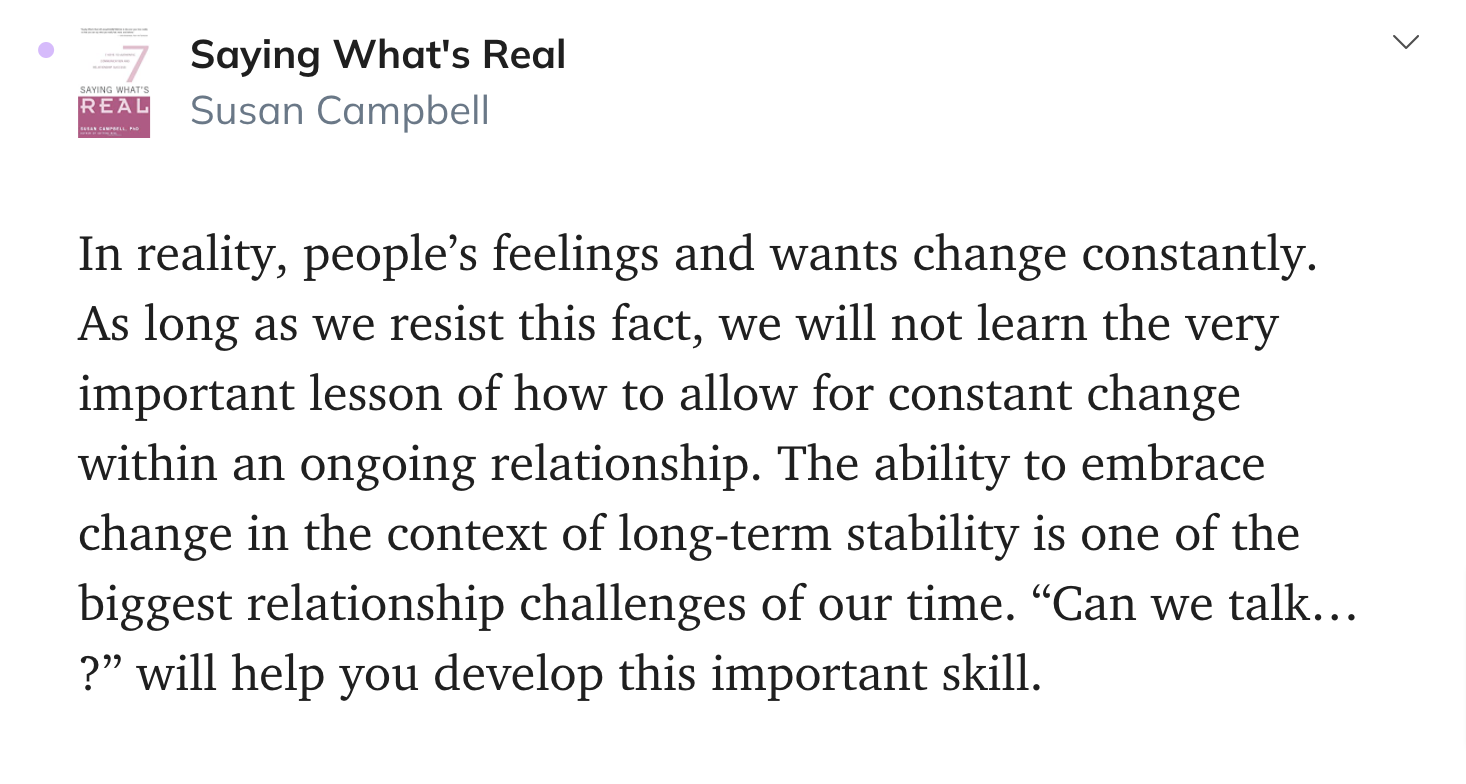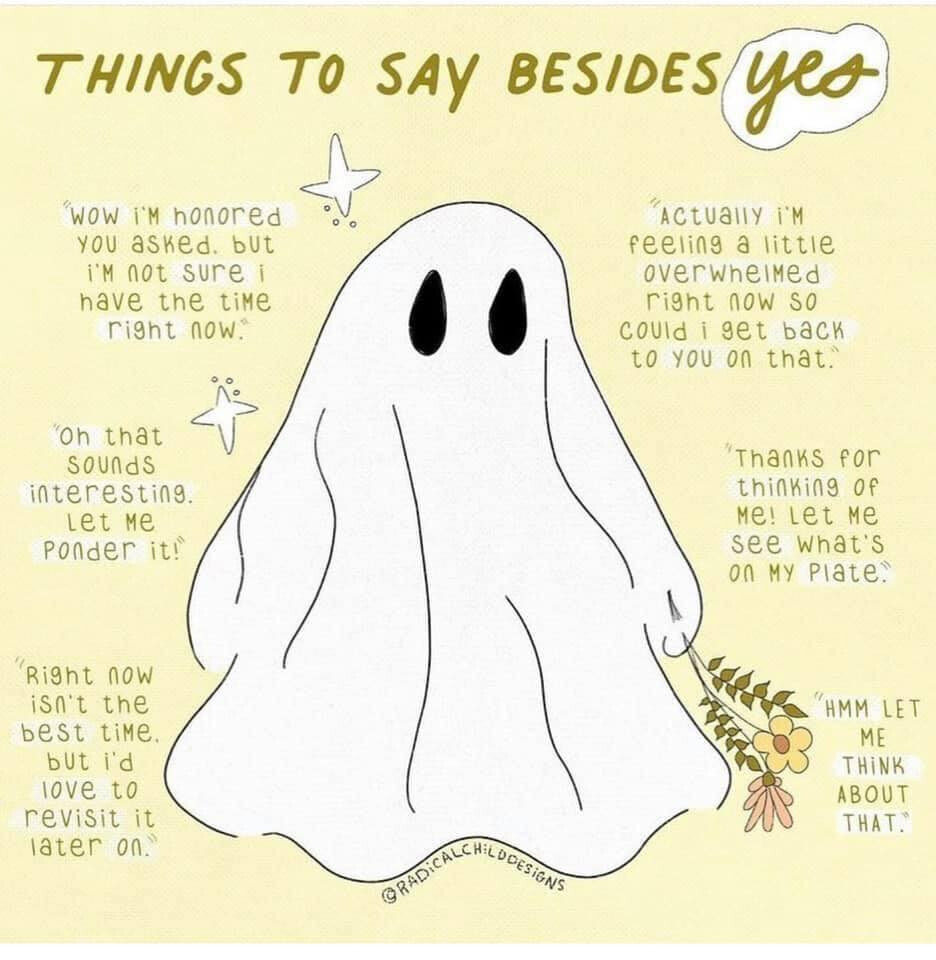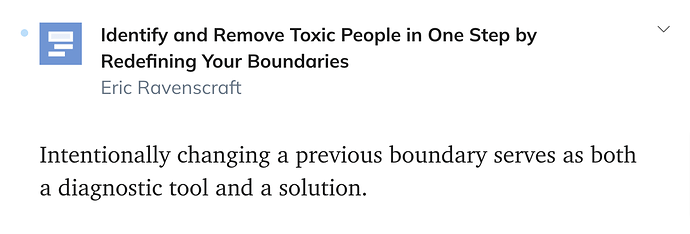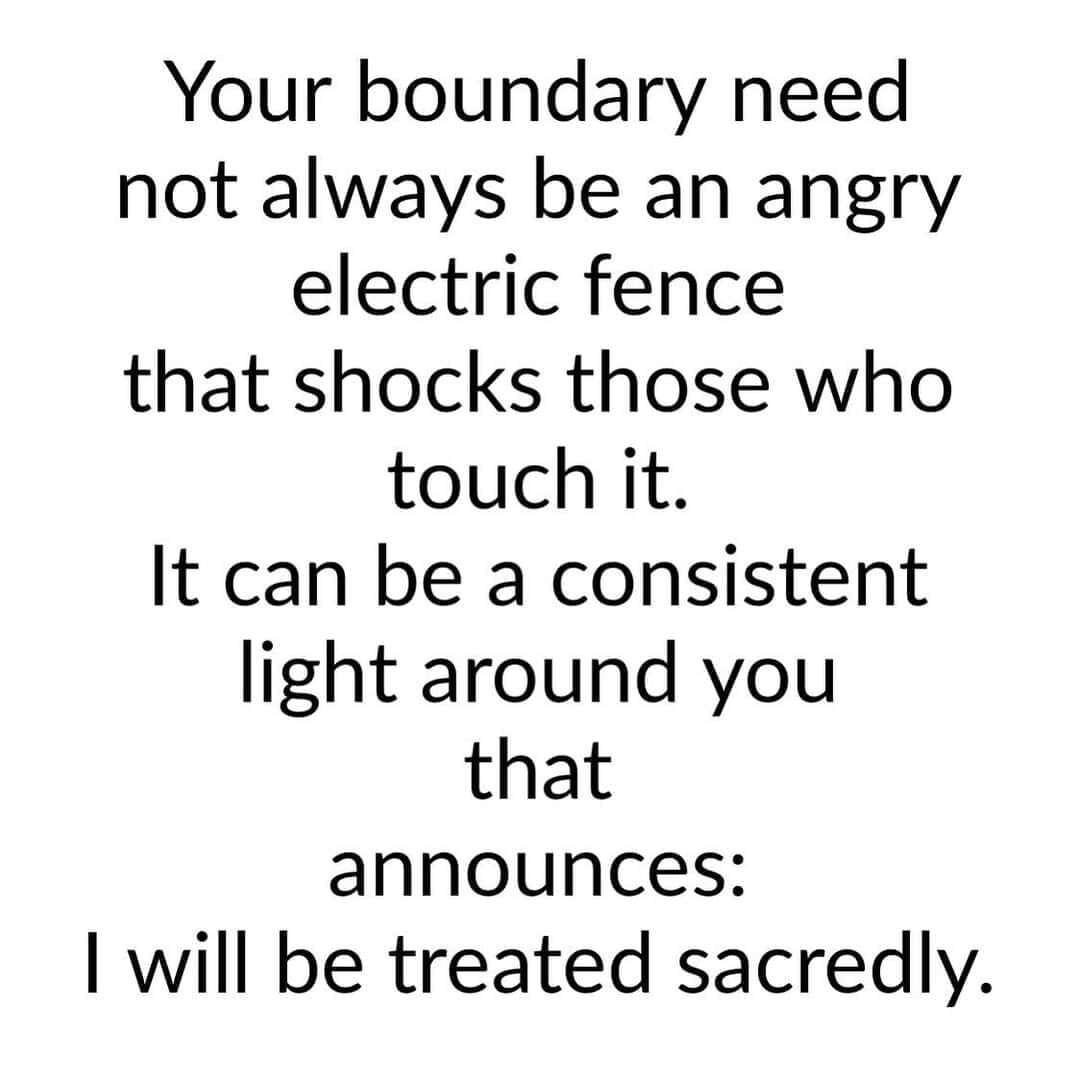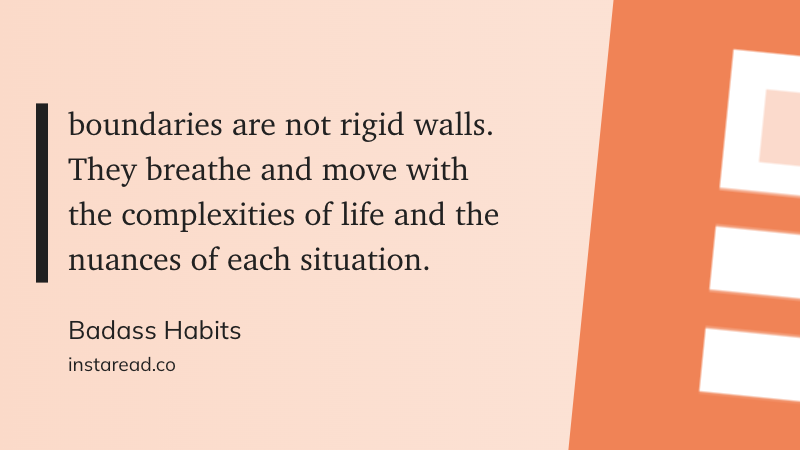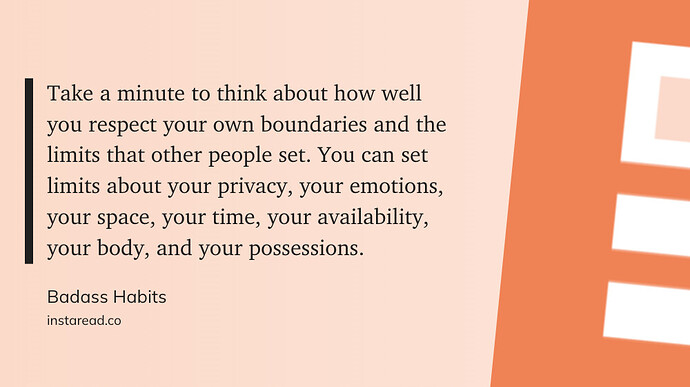Better Boundaries
Boundaries are limits we need to honor and respect in order to love and engage together in healthy ways. Better Boundaries embrace dynamic limits of all kinds — including physical, emotional, and energetic — so that we can cultivate resilient, thriving relationships.
Boundaries often need to be consciously upgraded — made better! — from what we were taught we “should do” or “have to do.” Better Boundaries bring clear choices and mutual agreements that feel safe, respectful, and sustainable.
- Builds up less resentment (especially for those who are generous-hearted and empathetic)
- Improves emotional resilience with less depletion and distress
- Encourages healthier dynamics
- Clarifies individual and shared values
- Models behaviors that are health-promoting from behaviors that are depleting, disempowering, and dysfunctional
Have-to vs. Choose-to
When we feel we have to do something… or we have to make ourselves available to listen, take care of, and do what’s expected of us… it builds resentment.
Indeed, when you ask adults who have been forced into being caregivers, the level of constipated resentment is huge. Painful.
Resentment has a way of bursting out in many different dysfunctional ways, including abuse, self-harm, addictions, and, yes, physical and mental illnesses.
What matters to me in this situation?
We believe that Freedom of Choice is grounded in what matters to us.
For example, we may not WANT to get up at 4 am with a baby who cannot sleep or fix a meal for someone who, in their grief, cannot be appreciative…
Yet…
If it matters to you: to be a calm presence your child can count on and feel your love even when it is hard… you’re actually choosing to get up at 4 am. (And to be real, lots of parents don’t make that loving choice.)
If it matters to you: to live in a world where we give grieving people a little slack, then making the meal with love is a choice. Even if they are not expressing appreciation, kindness matters.
When we are clear that we are coming from a place of deeper choice, even the “I don’t want to’s” avoid the build-up of corrosive resentment.
This is a way that Better Boundaries are grounded in the wisdom of knowing what matters to us and staying with those choices.
If it is a NO, then Pause Until You Know Your YES
Can you say NO? The sad truth is that many people cannot say no. They’ll say okay and resent themselves and the situation. They’ll gripe and complain the whole way. They will self-sabotage, procrastinate, or get overwhelmed.
Being able to state a clear and solid NO is a sign of emotional savvy. It’s a Better Boundary.
And… sometimes that’s a bridge too far. Kids have been smacked for saying no… or worse. Adults have been fired for saying no. Love has been lost for saying no. Even if being able to say NO is crucial for thriving in safe and healthy ways, one can still have better boundaries even if NO isn’t yet in one’s vocabulary.
What would be a yes for me here?
Rather than resigning ourselves to doing something because we “have to” — take a Powerful Pause.
During the pause, breathe, feel gravity working, and consider what would be a YES for you.
“I have to do my taxes!”
Pause.
What would be a yes for me?
“I sure wish I could earmark my taxes for what matters to my heart.”
Ah.
While in this example we know we cannot actually earmark on the government forms for our taxes to go to what matters to us personally, it can still be helpful to know our yes. We might even choose energetically to intend that our money be used for what matters… even when we do not have direct control. That energetic upgrade can help us move forward.
Even better, as we get practice feeling into our yes in a situation, more and more often, we’ll find ourselves in relationships where we can indeed state our better boundaries.
“I am definitely a yes to going on a walk with you, and the place you mentioned has too much sun for me. Would you be willing to find a yes-yes place we’d both like, or find someone else to walk with today?”
Better Boundaries evolve as we deepen relationships. Savvy co-creators understand that our boundaries are dynamic, too. Sometimes, we may be a yes, and sometimes, a no. That’s awesome!
While a boundary is a limit, better boundaries can also set us free to explore together with more calm and confidence.
Layered Boundaries are Better
Do you know anyone that goes from agreeable to raging? While that can come from a triggered trauma, it often comes because their boundaries do not “kick in” (literally) until they feel flooded emotionally. Flooded people are energetically messy, for sure.
It happens to almost everyone. We may not be aware we need layered boundaries until… woosh! We react WAY stronger than we’d have wanted.
Layering your boundaries is a worthy skill. A brief example:
Situation: People you know and want to be around have a history of gossiping negatively about people who are not there.
Layer 1: Invite: Would we be willing to offer some respect and compassion for those who are not with us today? Or, keep the conversations about what’s alive for those of us that are here? That would feel really good to me. How about you all?
Layer 2: Request: I request that we stop talking about (person) right now. It doesn’t feel good to me. Can we change the subject?
Layer 3: Assert: If this continues, I will choose to leave. It doesn’t feel right to me to talk about someone who is struggling like this.
Layer 4: Exit: (Leave or require that they leave if it is your space).
Layer 5: Protect/Defend: Leave me out of this. My integrity is not open to debate. Leave now, or I will call for support.
As we are developing layered boundaries, an example like this can help us self-diagnose.
For example, maybe you wouldn’t even feel comfortable inviting or requesting. Perhaps an exit is what you can sometimes do, but only if you can come up with an excuse like feeling sick — and what-do-you-know… your stomach seems to help you have that “permission.” You get to leave, but you also get to feel sick to your stomach.
Some people are good at the protect/defend but have yet to develop layers of invite, request, or assert.
Some people would NEVER exit; they have beliefs that keep them stuck, and yeah, they don’t want to be one of the people that they gossip about! Ugh.
Layered boundaries do help us love, parent, and co-create with much more ease and resilience. We invite you to develop 3-5 layers of boundaries for situations that arise in your life… practice with a friend… tap on any of the blocks and fears… and notice how your sense of safety and respect heals and grows.
Useful Questions
- What matters to me in this situation?
- What would be a yes for me here?
- Do I feel I should or have to?
- If I can’t say NO in this situation, is it because I don’t feel safe? Or feel the consequences would be grave? Or is it because this matters to me so much that I’ll do what I don’t want to do?
- How might I be crossing or pushing other people’s boundaries (including ones they have not made clear)?
Resources
- Better Boundaries: When Others are Sad and Unhappy - Real Skills Workshop
- Creating Money Boundaries that Align with You - Real Skills Workshop
- Boundaries and the NICE Method - Article
- Other Thriving Now articles on boundaries - Search
- Personal Boundaries (Wikipedia) - Article
Related Concepts
Co-Creating, Right Distance Right Depth
Links
- Discuss Better Boundaries in the Community Center
- Share this link to the Concept of Better Boundaries: https://www.thrivingnow.com/concept/better-boundaries
